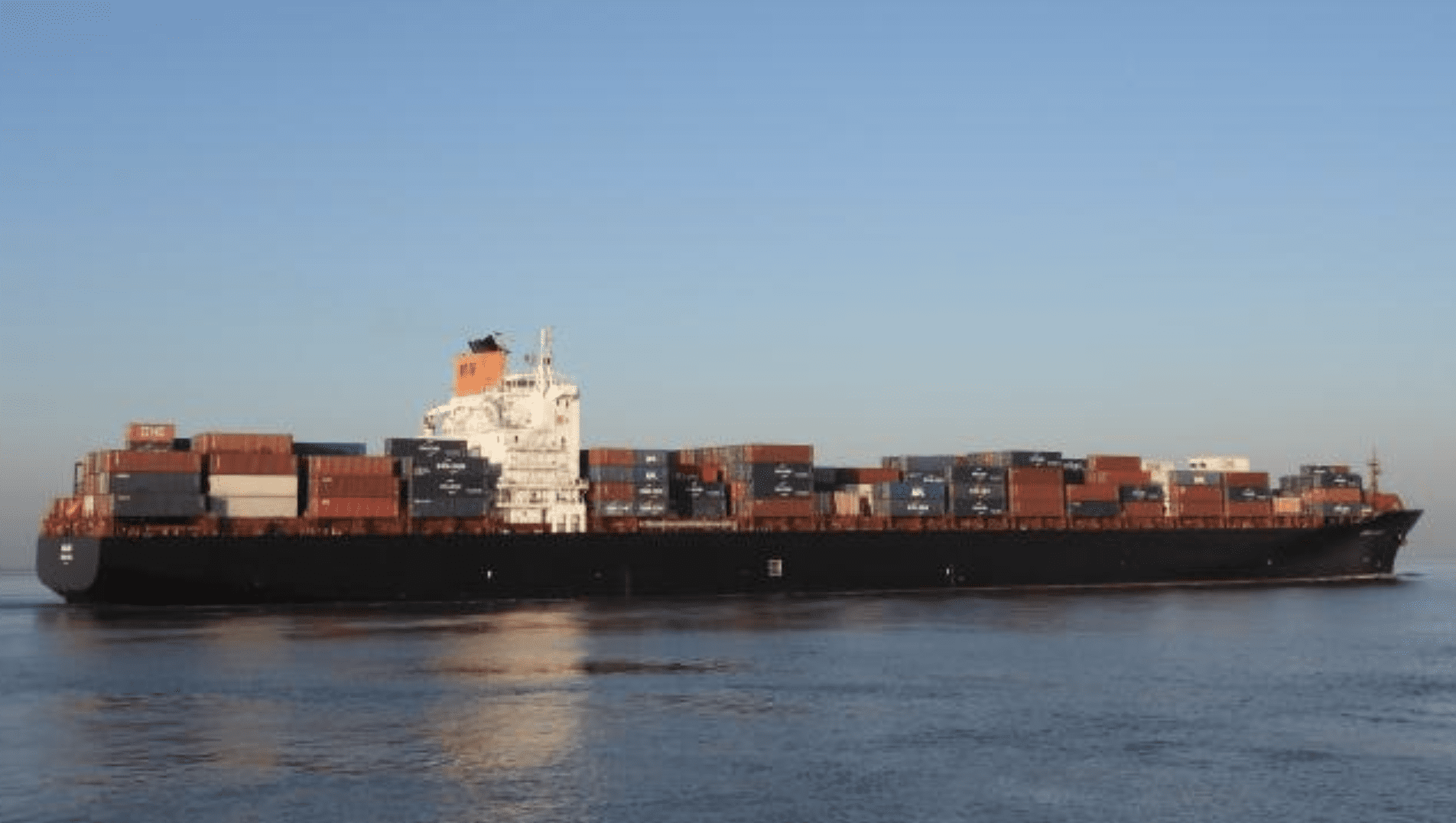The 294-meter Flying Fish 1 traveled from St. Petersburg to Shanghai in just over three weeks, cutting two weeks off the traditional route via the Suez Canal.
This marks a major milestone for Arctic shipping, with nearly 20 transits expected this year, connecting Russian and Chinese ports through the Northern Sea Route.
The ship, operated by EZ Safetrans Logistics, maintained a steady speed without icebreaker assistance, highlighting how much Arctic conditions have changed.
This news may seem mundane but actually it’s pretty historic. Russia and China now have a huge logistical and competitive economic advantage. This transit corridor is only going to grow in throughput volume in coming years. And most importantly it cannot be (easily) blocked by the Western imperialists like the southern straits and canals can.



You’re right that interrupting shipping along this route would be much harder than closing the Suez, but the U.S. still has carriers and submarines, so it could act alone without any of those nearby countries you mentioned.
In my mind, the big shift here is (1) cost and (2) forcing a longer route now means you have to shoot at boats, you can’t just refuse them entry to a canal. It would mean a much larger escalation.
As long as it’s not blocking Russian ships from the Black Sea the US can do anything and not much would come out of it straight away. Some countries would try to become independend of the canals but that would likely not lead to war.
On the other hand, the US literally shooting at Russian or Chinese ships would be a declaration of war that would require an immediate response of those attacked else it would just escalate to them losing more ships and probably even their ports and coastal infraestructure/cities being targeted soon as well.